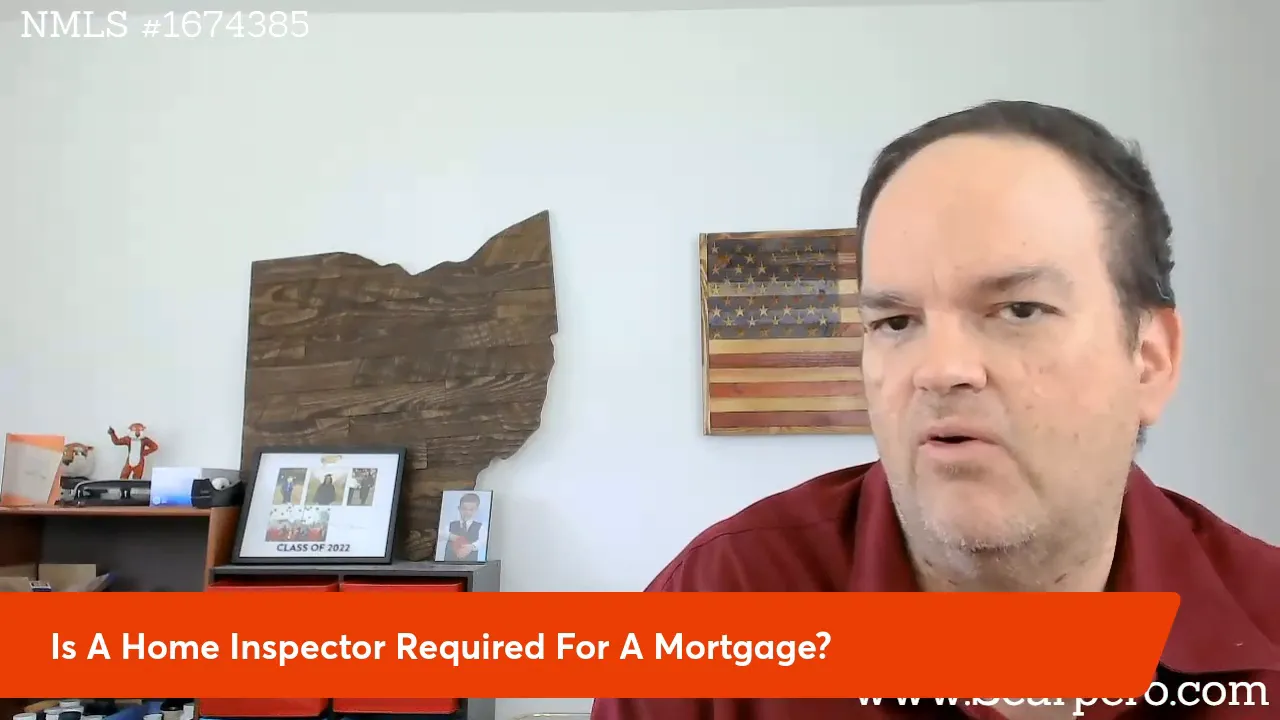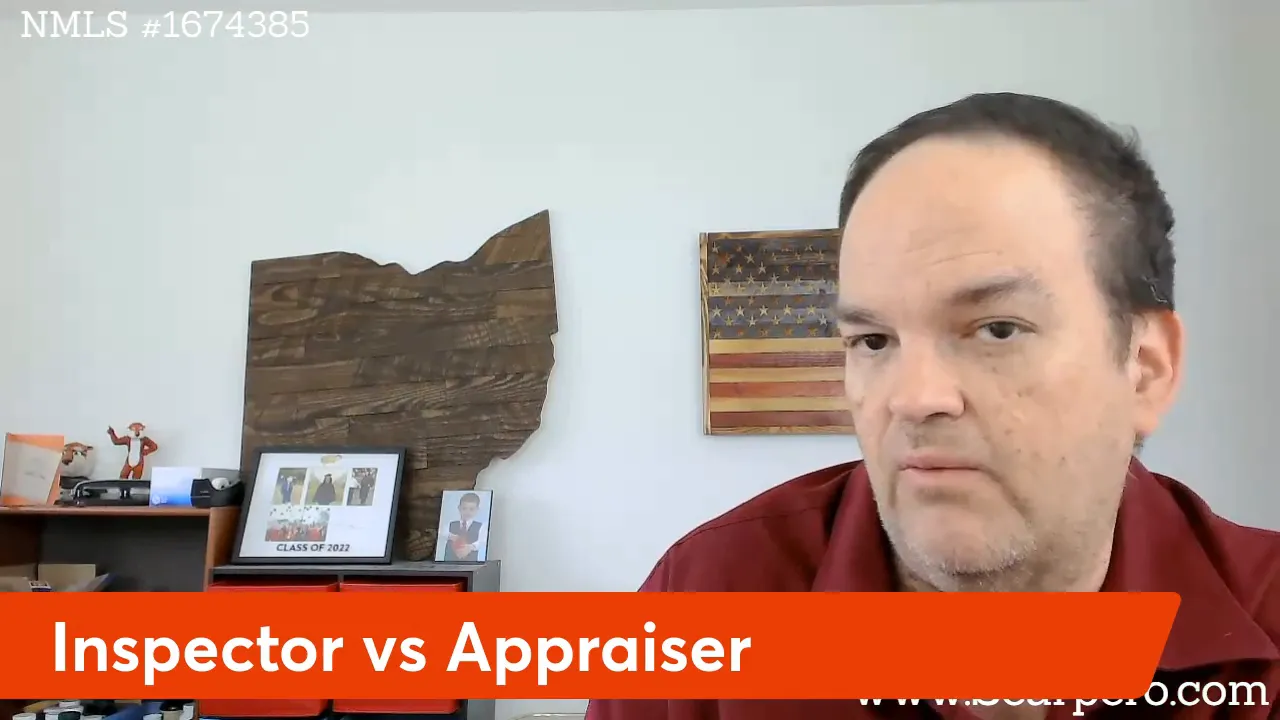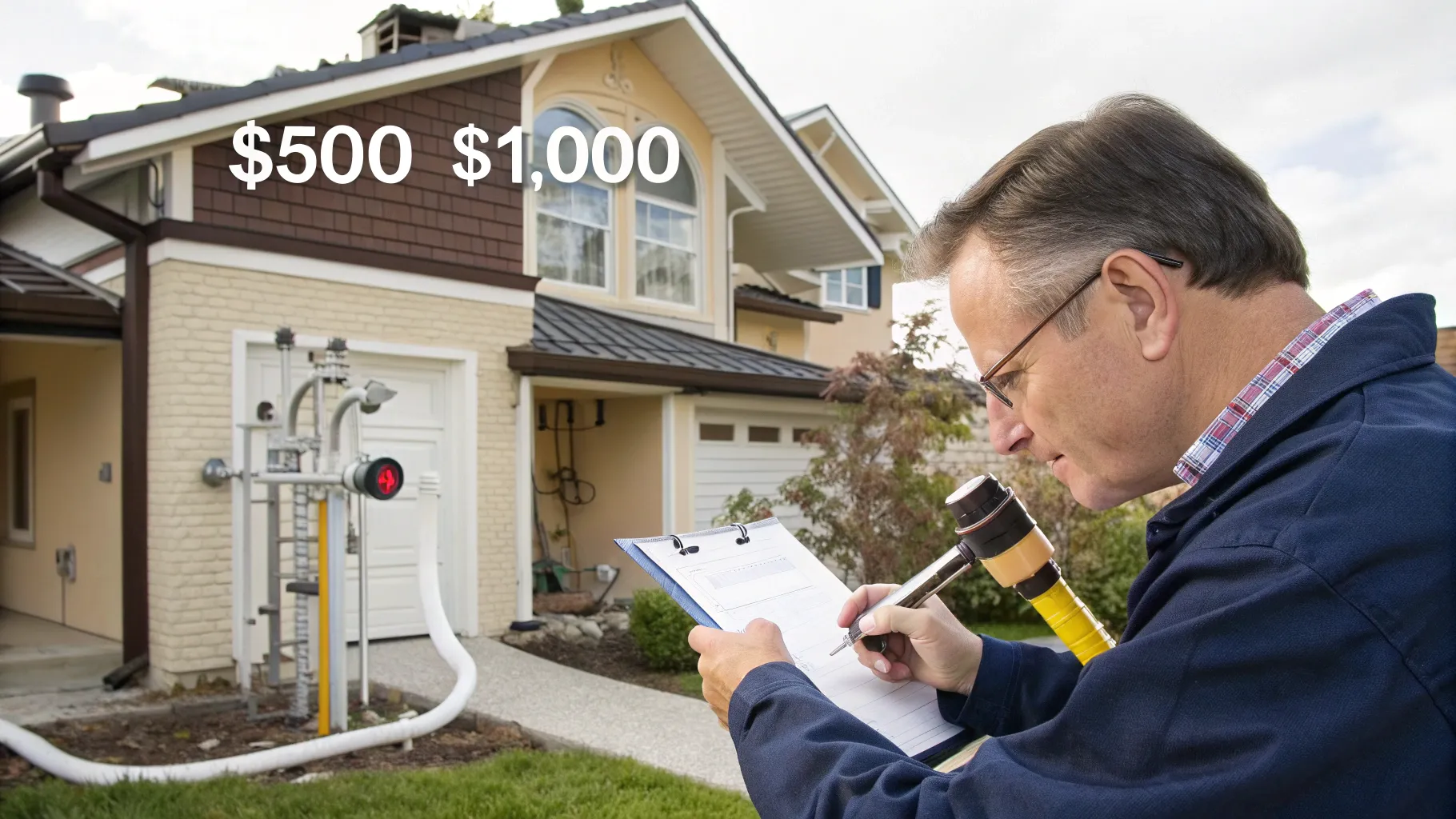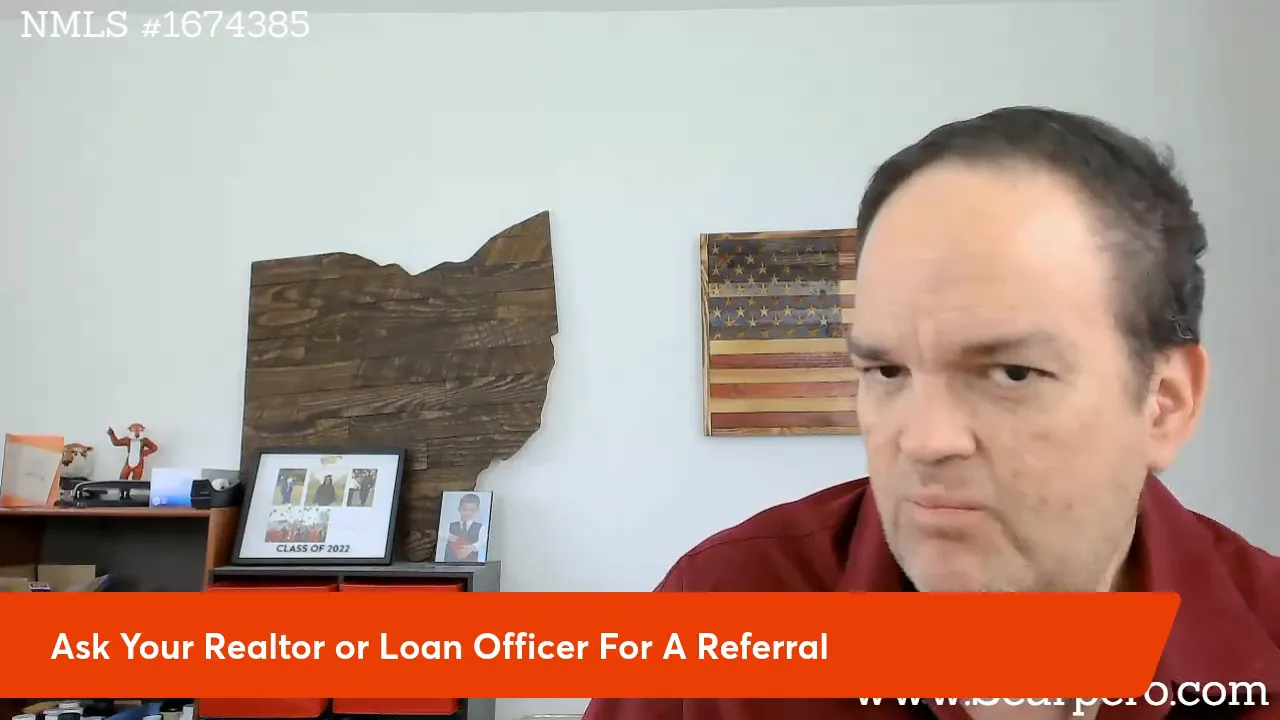
Can You Have Multiple Properties With A Single VA Loan?
Can You Have Multiple Properties With A Single VA Loan? You’re trying to buy a property and it includes more than one parcel or lot
Carlos Scarpero- Mortgage Broker
Buying a home is one of the most significant financial decisions you will make, and protecting that investment requires careful consideration. While many homebuyers focus on mortgage approvals and appraisals, one crucial step often overlooked is hiring a professional home inspector. In this article, I will explain why getting a home inspector is critical to your home purchase, share real-life stories illustrating the importance of inspections, and provide practical advice on how to find a reliable inspector.

Let me get straight to the point — a home inspector is not required to get your mortgage approved. Many people ask me this question during their homebuying journey. The mortgage lender's primary concern is whether the home meets certain guidelines and has sufficient value to secure the loan, which is typically determined by an appraiser, not a home inspector.
However, despite not being mandatory, I highly, highly, highly recommend that you hire a home inspector. The reason I emphasize this so strongly is that a thorough home inspection can potentially save your life, or at least save you from costly repairs and health hazards down the road.
A home inspector’s job is to thoroughly examine the property and identify any current problems or potential issues that may arise in the near future. Unlike an appraiser, who focuses on the home’s value and compliance with loan guidelines, a home inspector looks at the physical condition of the house.
They check structural elements, electrical systems, plumbing, HVAC units, roofing, and more. Often, the inspector will find things that are not yet broken but are on the verge of failing. These are the hidden issues that might not be apparent during a casual walk-through or even during the appraisal process.
For example, an obvious repair like a large hole in a wall is easy to spot, and the seller might have already addressed it. But what about an aging HVAC unit that has been patched up multiple times and is nearing the end of its lifespan? A home inspector can spot that and alert you to the potential expense.
It’s important to differentiate between a home inspector and an appraiser. The appraiser’s job is to determine the market value of the home and ensure it meets specific loan requirements, such as those set by VA or FHA guidelines. They will note any defects that must be repaired before closing to meet these standards.
In contrast, a home inspector provides a more detailed look at the home’s condition, including items that might not affect the appraisal but could become costly problems later. For instance, a home inspector might recommend replacing a worn HVAC system even if it's still functioning, while the appraiser would not flag it unless it violates loan guidelines.

Home inspection costs vary depending on the inspector and the location, but typically range between $500 and $1,000. This fee is usually paid by the buyer and is considered a worthwhile investment in the homebuying process.
Timing is also crucial. I advise getting a home inspection immediately after going under contract — before the appraisal is done. This way, if the inspection reveals significant issues, you have the option to renegotiate or even back out of the contract within the inspection period.
Many states have an inspection period — a set number of days after signing the contract during which you can cancel the purchase based on property condition. This period varies by state, ranging from three to seven days or more. Waiting too long to schedule your inspection could mean missing this window and losing your ability to exit the contract without penalty.

Let me share a couple of stories that highlight why a home inspection is so valuable.
Just yesterday, a veteran borrower called me. He was in the process of getting a VA home loan and had followed my advice to hire a home inspector. The inspector discovered that the house had dangerously high radon levels — so high it was equivalent to smoking two packs of cigarettes a day. Radon is an invisible, odorless gas that can cause serious health problems, including lung cancer.
Because of the inspection, the borrower avoided buying a home that posed a significant health risk to his family. This is a prime example of how a home inspection can literally save lives.
On the flip side, I had another veteran client who was very tight on closing costs and decided to skip the home inspection to save money. Unfortunately, shortly after closing, the shower in his new home broke down. He called me frustrated, asking if the seller could fix it.
Since he didn’t get a home inspection, he was out of luck and had to pay for the repairs himself — which ended up costing much more than the inspection fee would have. This story is a cautionary tale about the risks of skipping this crucial step.
When a home inspection reveals issues, you often have the option to renegotiate the purchase contract. This can mean asking the seller to make repairs or provide a credit toward your closing costs to cover the repairs.
However, the ability to negotiate depends on several factors:
Sometimes, negotiations end with a compromise, such as splitting the cost of repairs. For example, if repairs are estimated at $10,000, the seller might offer to cover $5,000, and you cover the rest. The key is that it’s all negotiable, and having a home inspection report gives you a strong foundation to discuss these issues.
Finding a trustworthy home inspector is essential. Licensing requirements vary widely by state — some states require licensing and certification, while others have none. This makes it even more important to do your homework.
Here are some tips to find a reliable home inspector:
Choosing the right inspector is an investment in peace of mind, ensuring your new home is safe and sound.

While a home inspection is not a requirement for mortgage approval, skipping it is a risk you don’t want to take. From detecting dangerous radon gas to identifying aging HVAC systems, home inspectors provide vital information that protects your health, your family, and your financial investment.
Scheduling a home inspection early in the process, right after you go under contract, gives you the best chance to negotiate repairs or cancel the deal if needed. The cost of an inspection — typically between $500 and $1,000 — is a small price to pay compared to potential thousands in unexpected repairs.
Remember, buying a home is not just about the mortgage or the appraisal; it’s about securing a safe, comfortable place for you and your loved ones. I strongly encourage every homebuyer to invest in a professional home inspection to have confidence in their purchase.
If you have any questions about VA home loans or the homebuying process, feel free to reach out. I’m here to help you navigate your journey to homeownership with confidence.
Contact me at 937-572-3713 or email cscarpero@edgehomefinance.com. You can also visit my website at scarpero.com.
Happy home buying!

Can You Have Multiple Properties With A Single VA Loan? You’re trying to buy a property and it includes more than one parcel or lot

How To Get A VA Loan When You Work On Commission If you earn commission instead of a steady salary, qualifying for a VA loan

Can You Refi a VA Loan With Bad Credit? If you have a VA loan and a low credit score, you might assume refinancing is